Mice are unwelcome houseguests for several reasons. Their unsanitary habits can lead to the spread of diseases, and they can also cause significant damage by burrowing in walls, chewing on cords, and leaving droppings throughout your home.
Fortunately, there are numerous proven techniques available to maintain a mouse-free home.
Regular inspections


Before taking any action, ensure there’s no existing infestation. Inspect your home and garage for mouse droppings, tooth marks, tracks, and torn materials. Use a flashlight to check hidden, dark areas where they may hide.
Block up entry points
Mice excel at finding small cracks to enter homes, slipping through holes as narrow as a pencil. Seal any openings near windows, beneath doors, and around pipes using caulking or weatherstrips.


Utilize steel wool
Rodents have the ability to chew through various materials like plastics, paper, and even drywall, but they can’t penetrate metal. Therefore, using steel wool is an excellent option for plugging holes and cracks. Simply insert it into the areas that require patching.


Clean up food particles
Mice are less likely to enter your space if there’s no accessible food. Keep your surroundings clean by sweeping regularly, picking up any crumbs on the floor or countertops, and sanitizing surfaces consistently.


Mouse traps work
Keep some mouse traps on hand just in case. If you suspect unwanted rodents in your home, don’t hesitate to set them out and observe the results. Use various types of traps, such as bait traps, glue traps, and live traps, for effectiveness.


Switch on some lights
Dark and dimly lit areas can attract rodents. Ensuring well-lit spaces can deter mice from nesting, as they are nocturnal creatures that dislike bright lights.


Cover entry points with aluminum foil
Rodents have an aversion to aluminum foil. You can prevent their entry by lining the bases of doors and cracks with thin sheets of aluminum foil. Additionally, if you have food on your counter, wrapping it in aluminum foil can keep rodents from accessing it.


Choose proper bait
When setting mouse traps, it’s crucial to use the right bait. Different mice have varying preferences, so use what they’ve been consuming in your home as bait. Alternatively, nesting materials like cotton balls can also be effective bait.


Tie the bait to the trap tigger
You definitely don’t want the mice to make off with the bait. To secure it, consider using dental floss to attach the bait to the trap’s trigger, preventing easy theft. Alternatively, you can use hot glue to affix the bait securely.


Spray some peppermint oil
Using pleasant-smelling substances can not only make your house smell nice but also deter mice. However, be cautious if you have pets, as it can irritate the respiratory tracts of dogs and cats.


Make your own mouse trap using a bottle
This catch-and-release trap won’t harm the mouse and is as effective as store-bought traps. It’s straightforward to create, and you can find a video tutorial on how to build one here.
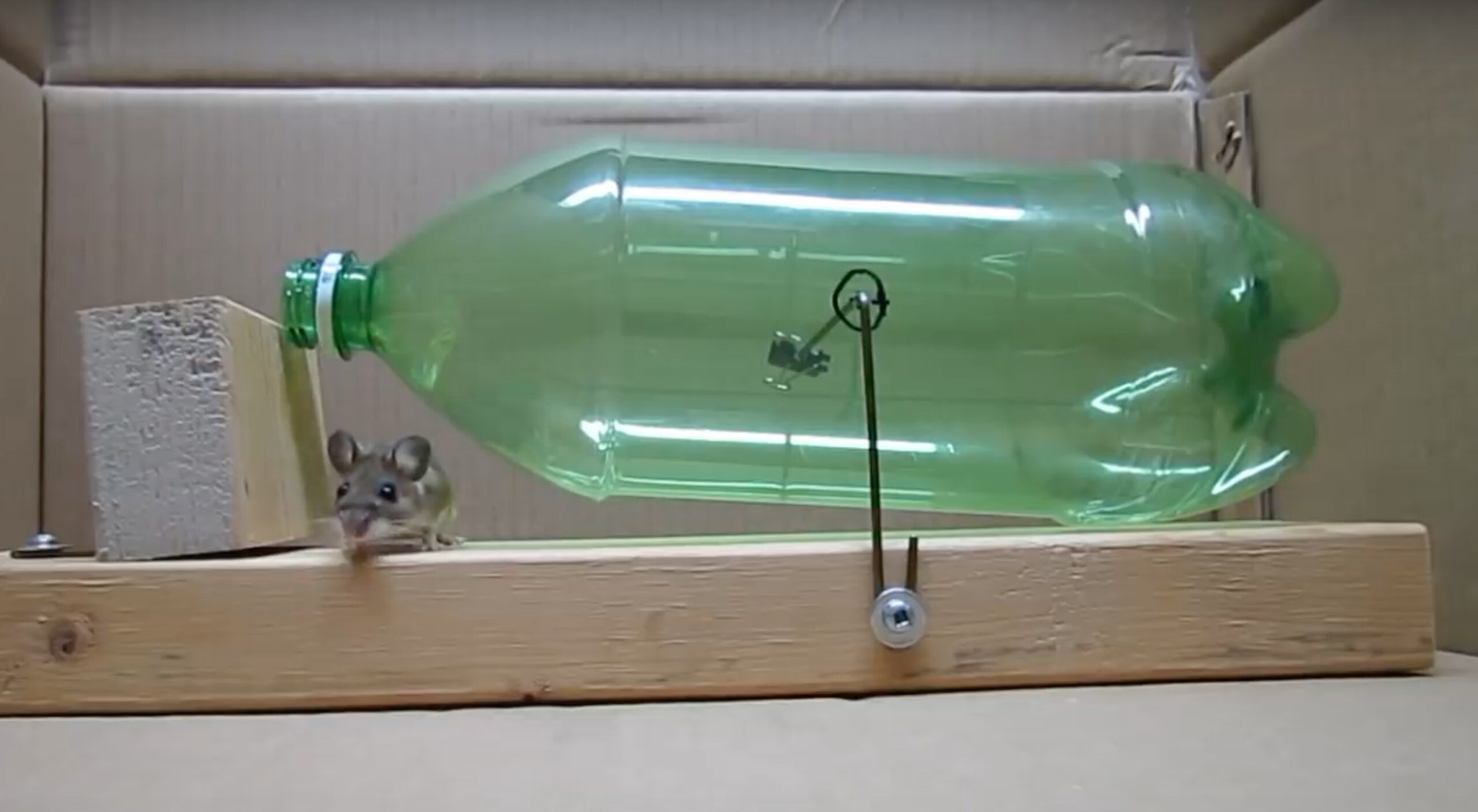

Be smart with your trap placement
The most effective placement for traps is perpendicular to walls. Mice tend to run along the baseboard and will enter the trap directly this way.
Placing traps in the middle of the floor might lead them to approach from the wrong angle.
Typically, mice don’t stray more than 10 to 20 feet from a food source.


Set out a dish of antifreeze
This method is only viable if you don’t have pets. Antifreeze has a sweet taste that can lure animals, but ingestion of antifreeze can lead to poisoning.


Mice don’t like strong scents
Coating a cotton ball with garlic powder or cayenne pepper and using it to seal a hole can deter mice from passing through. You can also strategically place these treated cotton balls in your home or garage to keep rodents away.


You can use strong scented soaps
Soap has a similar effect to spices in repelling mice. To discourage them, you can position a few bars of soap in cracks and corners of areas where mice might attempt to build nests. This can effectively keep them away.


Bait stations are effective
These are small poison packets that mice are drawn to. They chew through the packet, consume the contents, and eventually die. However, they can be somewhat hazardous if mishandled, so they are not recommended if you have young children or pets in the vicinity.


Cover holes with bricks
If you have holes that can’t be sealed with caulking or steel wool, think about using bricks to block the area. Bricks are too heavy for mice to move and can effectively prevent their entry.


Fill small holes with dryer sheets
Dryer sheets with strong scents can also be used to deter mice from entering your home. Just remember to replace them every few weeks, as the scent on the sheets diminishes over time.


Secure garbage containers
Mice require only three to four grams of food per day to survive, and even crumbs on the ground near trash cans can sustain them. Garbage can attract various rodents and other pests, so it’s important to manage waste properly to prevent infestations.


Use ammonia for cleaning
Ammonia is not only effective for making glass surfaces shine but also serves as an excellent rodent deterrent because mice dislike its smell. Using ammonia as a cleaning solution is a smart strategy to prevent mice from visiting your home.


Remove debris outside your house
Accumulated piles of debris around the foundation of your house can attract mice and provide them with a place to nest. Maintaining a clean yard reduces the likelihood of mice coming near your home, let alone entering it.


Store food in glass containers
Mice can rapidly damage the contents of your food cabinet. To prevent this, store your food in glass or other hard-sided containers that mice can’t access.
Avoid using cardboard boxes, as they are not a suitable barrier for keeping rodents away from your food.


Stay organized and clean up
Clutter inside the house can make it more challenging to spot mice, as it provides hiding places for them to stay out of sight until they come out to search for food. Keep items like toys neatly organized rather than in large, disorderly piles to minimize potential hiding spots for rodents.


Adopt cats
Cats are natural hunters and can be highly effective at deterring mice. Their presence alone often scares rodents away, as mice instinctively try to avoid cats to ensure their safety.
Cats will typically hunt mice without needing any encouragement.


Keep mothballs in your closets
Using mothballs is a practice that your grandparents might have employed for as long as you can recall. The strong smell of mothballs effectively deters both moths and rodents, as neither of them likes these pungent odors.


Use air fresheners
Air fresheners can make your house smell delightful, but it’s worth noting that mice typically dislike the scents associated with most air fresheners. So, while your home may have a pleasant aroma, it can also serve as a deterrent to mice.


Be mindful of your landscaping
If you have large hedges, plants, or bushes close to the side of your house, it may be advisable to consider removing them. Such vegetation provides excellent habitats for mice to live in.
Keeping the plants well-trimmed at their base can help reduce potential hiding spots for rodents.


Secure gaps around utility lines
A less commonly recognized entry point for rodents is around utility lines. Wherever your electricity or cable lines are attached to your home, there are often small gaps that rodents can exploit.
It’s important to ensure these gaps are properly filled to prevent rodent access.


Those chimneys need screens
Rodents are adept at finding entry points into homes, and an open chimney can be an invitation for them. To prevent their access, it’s essential to cover the tops of chimneys with vents or screens.


Treat them to a glass of soda
Mice are attracted to the sugar content in carbonated beverages, but they cannot tolerate the carbonation. If they consume enough of it, the carbonation can ultimately be lethal to them.


Attach guards to gutters
House gutters frequently become filled with leaves, creating ideal pathways and hiding spots for mice. These gutters essentially serve as roads for mice. To prevent this, consider installing gutter guards to block this path and discourage rodent activity in your gutters.
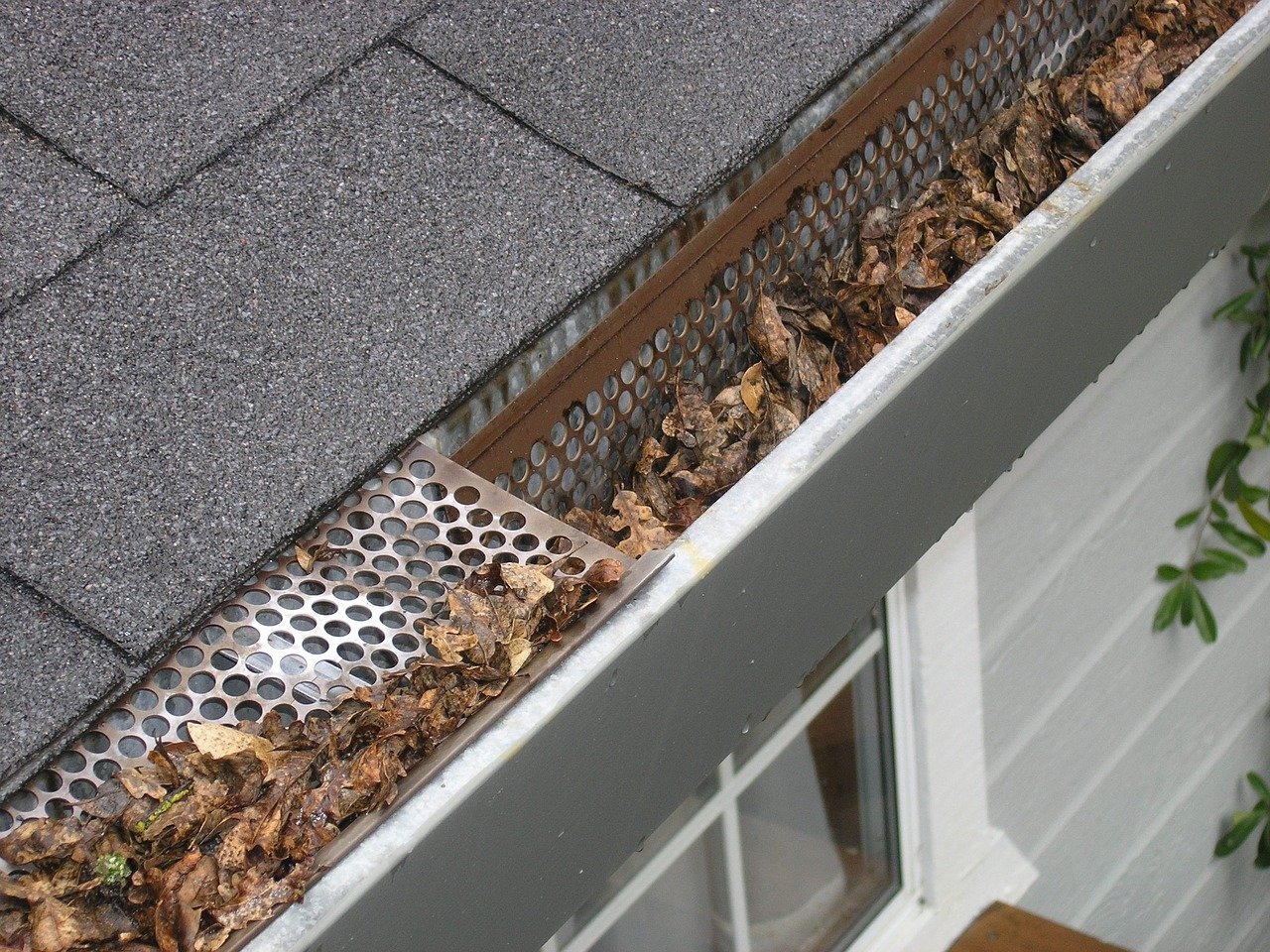

Deter mice with cloves
Cloves are a delightful holiday spice that can make your garage or home smell wonderful. An added advantage is that mice tend to dislike the scent of cloves.


Use more hot sauce
The pungent aroma generated by cooking with hot sauce can permeate your home and effectively drive rodents away. The intensity of the smell is overwhelming for them, as mice are not fans of spicy flavors.


Seal the areas around pipes
Inspect underneath your sink and other areas with pipes for any gaps or cracks. If you find any, seal them with caulking or steel wool to prevent mice from entering your home through those access points.


Don’t keep food in the garage
Garages often have frequent openings and closings, making it easy for mice to gain access. One important reason to avoid storing food or refrigerators in the garage is to prevent incentivizing mice to enter.
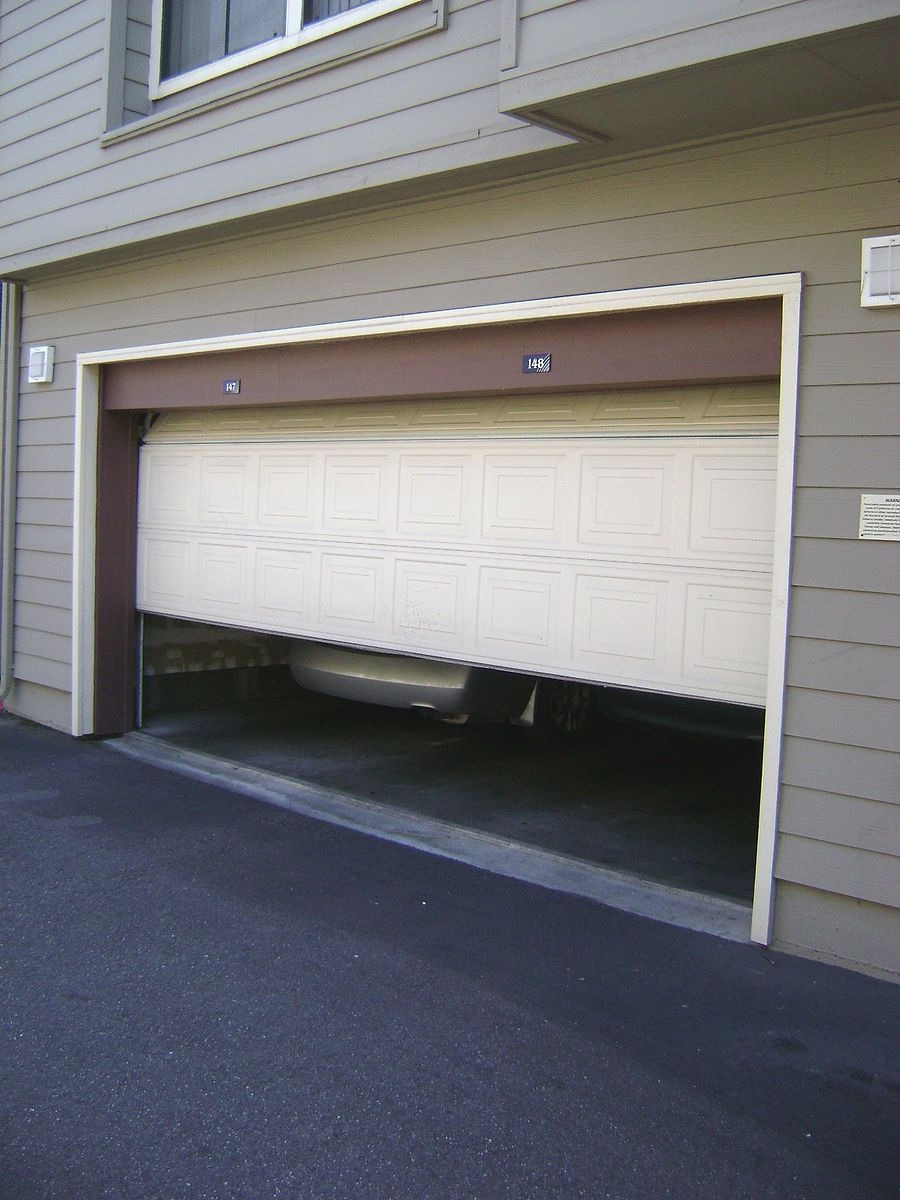

Ultrasonic Repellent Devices
Consider using ultrasonic devices that emit high-frequency sounds, which are unpleasant to rodents but inaudible to humans.
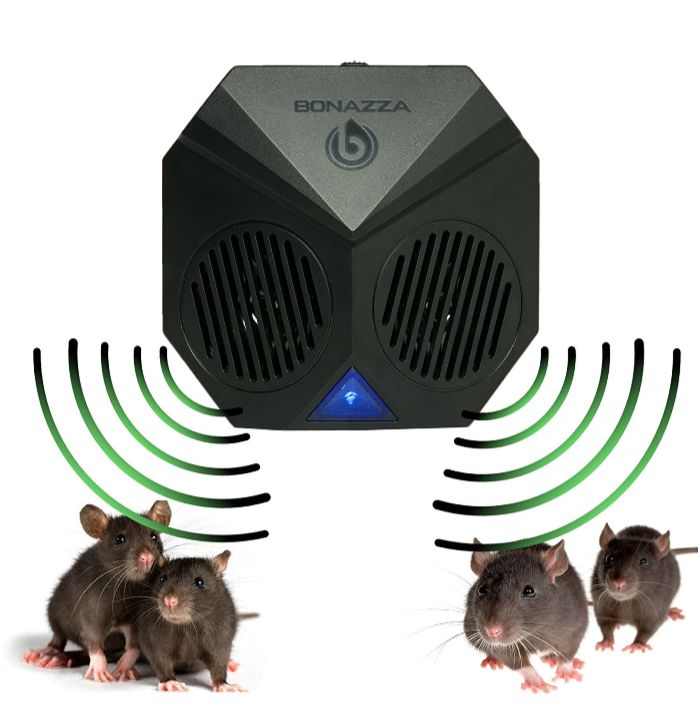

Motion-Activated Lights
Install motion-activated lights in your garage, attic, or other potential entry points. Mice are nocturnal and dislike bright lights.


Predator Decoys
Place decoys or figurines of natural predators like owls or snakes around your property to deter mice.
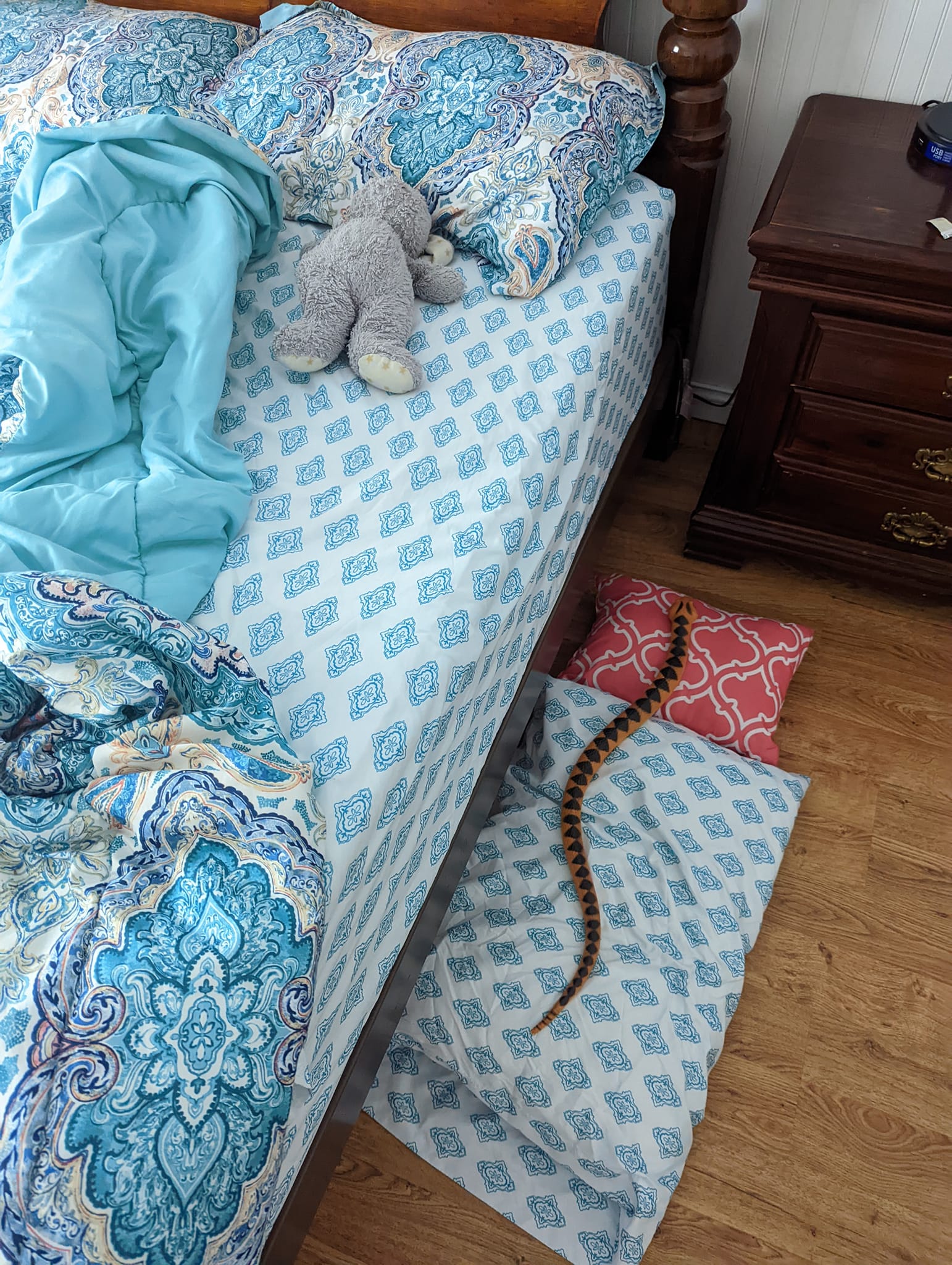

Reflective Tape
Hang reflective tape near entrances or potential mouse entry points to disorient and deter them.
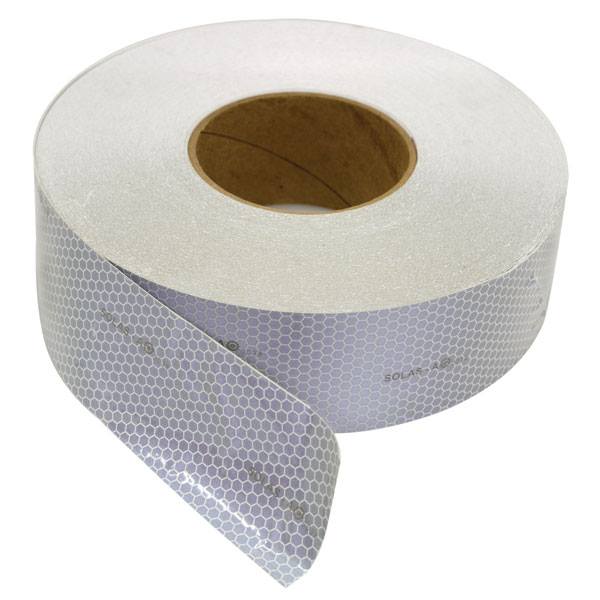

Sound Machines
Utilize white noise machines or radios set to talk stations at low volumes to create vibrations and sounds that make mice uncomfortable.


Seal Electrical Outlets
Ensure that electrical outlets and switches are properly sealed to prevent mice from entering through wall openings.


Double-Barrier Trash Bins
Use two layers of trash bin lids to make it more difficult for mice to access the garbage.


Deterrent Plants
Plant rat-repelling herbs like mint and basil around your garden or near potential entry points.


Motion-Activated Sprinklers
Install motion-activated sprinklers in your yard, which can startle and deter rats.


Secure pet food
Store pet food in airtight containers and avoid leaving it out overnight, as rats are attracted to pet food.


Remove bird feeders if you have any
Bird feeders can attract rats with spilled seeds. Consider relocating them away from your home.


Trim trees and overhanging branches
Rats are skilled climbers, so trim trees and branches that are close to your home to limit their access.


Eliminate water sources
Fix any leaking faucets or pipes, and ensure that there are no standing water sources in your yard, as rats need water to survive.


Rodent-proof compost
If you compost, use a rodent-proof bin or container to keep rats away from food scraps.


Natural repellents
Some natural repellents, like dried snake feces or cat urine, can deter rats.


Secure outdoor grills
Clean and secure outdoor grills after use to remove food residue that might attract rats.


Please SHARE this with your friends and family.







